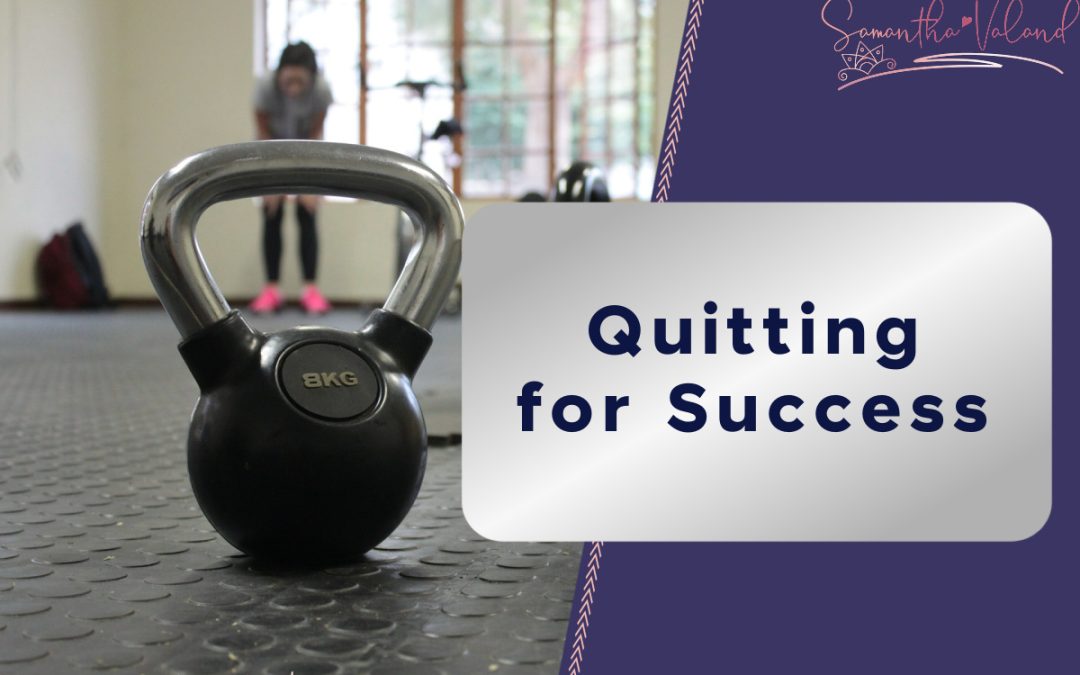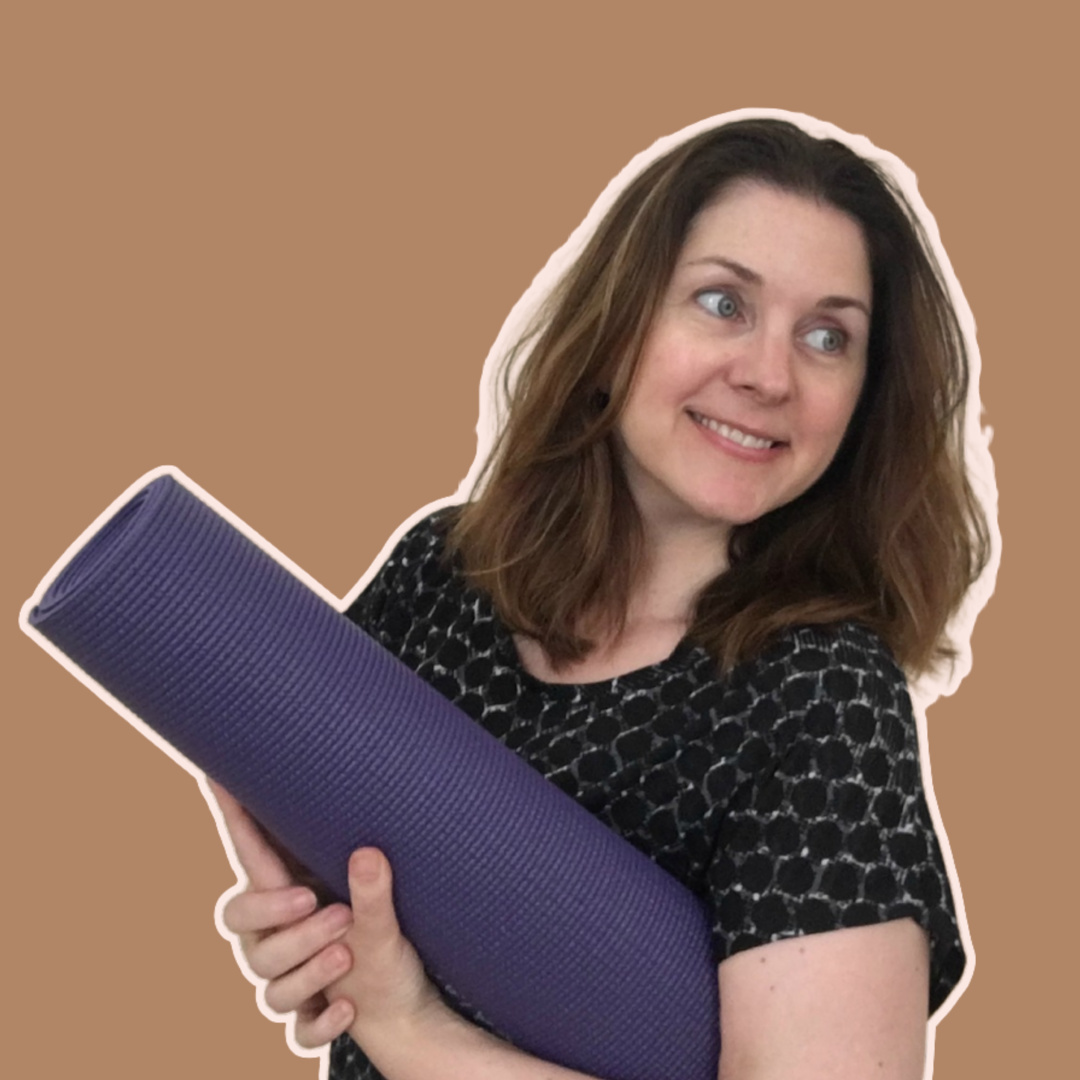Quitting is often thought to be a bad thing. But it gives you some fabulous information and insights to help you do it differently and be successful next time around.
There are 7 billion people on the planet and therefore 7 billion ways to be healthy. We mistakenly think that there is just one way to be healthy and that is often what works for someone else!
Borrow,
be inspired,
but do it your way.
Understanding why you quit your exercise goals is important. But understanding insights from the experience is priceless. Here are some of the common reasons for quitting your goals:
- It’s taking up more time than you expected
- Your menopause symptoms are unpredictable
- You believe someone else’s opinion is more important than your own
- You are not very good at it!
- You are not getting the results you expected.
- You don’t enjoy them
- Listening to your body.






